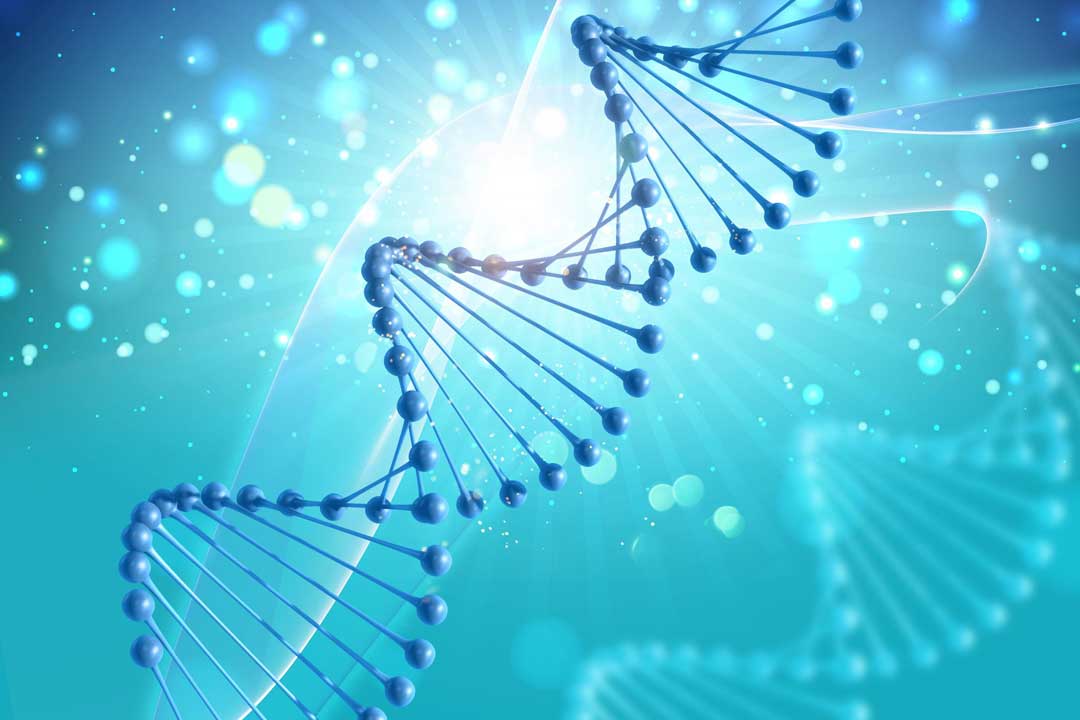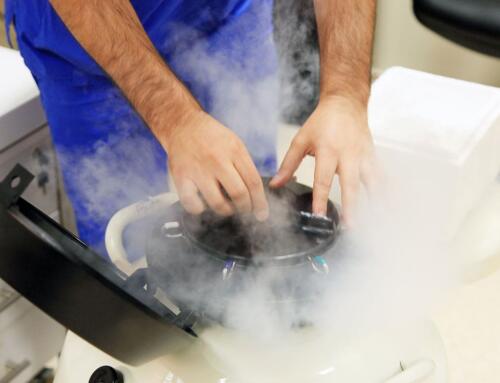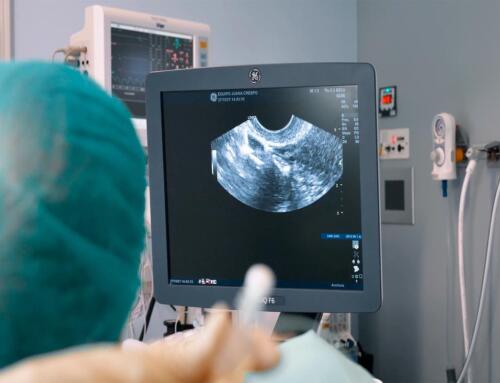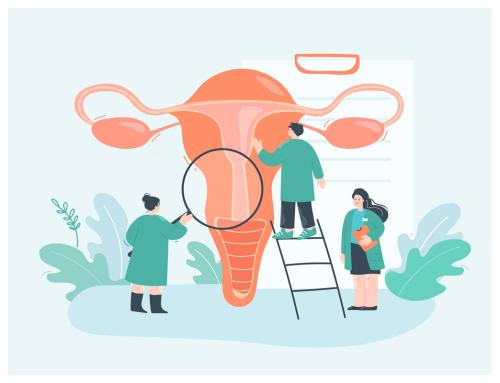Do you want to minimize the possibility of transmitting a genetic disease to your future child? Nowadays, we have the Genetic Compatibility Test that allows us to identify mutations in the genes of each member of the couple and to know if they can be transmitted to the offspring.
This type of Genetic Compatibility Test can be performed by any couple seeking pregnancy by natural means. But it is also of great help in cases of assisted reproduction, not to be confused with the Preimplantation Genetic Test, which is performed to study the embryo before the transfer.
If you would like to know what the Genetic Compatibility Test is and what benefits it entails, this article may be of interest to you.
The importance of detecting genetic mutations
The Genetic Compatibility Test or also called Carrier Test allows to identify in each individual the presence of mutations in the genes responsible for autosomal recessive inheritance diseases.
These diseases, although their prevalence is very low (1% of newborns), are usually very serious and incurable.
If we have inherited the same mutation from both our father and our mother in the same gene, we will be affected by a disease of this type. However, if we inherit the mutation from only one of them, we will be carriers of the disease. You may not be aware of it, but we are all healthy carriers of some recessive disease. What happens is that we do not manifest symptoms. This is because we inherit the other unmutated copy from our other parent, and this is the one that will function correctly.
The problem lies when our partner is also a carrier of the same disease. In this case there is a 25% chance that the future baby will develop the disease, a 50% chance of being a healthy carrier and being able to transmit it to their own offspring; and only a 25% chance of being a baby that neither transmits the disease nor develops it.
Since most of these genetic diseases have no definitive cure, it is useful to know, before pregnancy, if we share the same mutation with our partner. In this way, we will be able to make a series of decisions at the time we are considering becoming pregnant.
What is the Genetic Compatibility Test?
By means of a simple blood sample, the Genetic Compatibility Test studies the DNA sequencing of both members of the couple. The results of the compatibility study usually take three to four weeks and can detect around 300 genetic diseases out of the almost 7,000 known.
Who is the Genetic Compatibility Test suitable for?
Any couple who wants to find out which genetic mutations they carry can take a Genetic Compatibility Test. However, this study is most commonly performed in the following cases
-When there is a family history
If one or both members of the couple know that they have a family history of recessive diseases or that they are carriers of a genetic disease, the test is highly recommended.
-Before an assisted reproduction treatment.
One of these tests can be the Genetic Compatibility Test, especially in those couples who have a history of genetic disease or know that they are already carriers.
-Before a donation treatment
When selecting the best sperm or egg donor, we perform this type of Genetic Compatibility Test. In this way we can guarantee that both donor and recipient do not share the same mutations.
-Couples who have consanguinity
In the case that the couple is closely related, belongs to ethnic groups or closed geographical areas, it is also highly recommended.
What to do in case of a common genetic mutation in a couple?
If, when performing the Genetic Compatibility Test, we find that one of the two partners has a recessive genetic mutation, this does not pose any risk to the health of the carrier or of a future baby. In fact, as we said, most of us are carriers of diseases that have gone unnoticed for several generations.
But, in the case of detecting that both the man and the woman have a mutation of the same gene, the chances of a child being born with the disease are 25%. Therefore, if we want to eliminate this risk, we have the possibility to act. How?
On the one hand, we can perform an in vitro fertilization treatment and, once the embryos are obtained, we perform a Preimplantation Genetic Test, that is, we perform a biopsy of the embryo on day 5 or 6 of development and we analyze it, in order to select and transfer only those embryos that are healthy and free of the disease.
On the other hand, we would have the opportunity to get a healthy baby through gamete donation, either egg or sperm, which through the genetic test we verify that it does not have the same genetic mutation.
Carrier Testing in Juana Crespo
If you are looking forward to having a child and want to make sure it will be healthy, the Genetic Compatibility Test or Carrier Test will help you prevent unexpected manifestations of genetic diseases.
As we have already mentioned, this study is especially recommended for couples who have fertility problems, a family history of genetic diseases, as well as in cases where it is necessary to resort to egg or sperm donors.
In the future, this type of test will probably be included in the catalog of public health services. But for the moment, there are few laboratories and specialized clinics that develop this type of Genetic Compatibility Test. In Juana Crespo we have our own laboratory, with the most advanced technology and a human team specialized in complex cases of assisted reproduction. This guarantees the traceability and safety of the sample, as well as the agility to obtain reliable results in a few weeks.
Contact us at 961 042 557 or write to us at info@juanacrespo.es and you will be able to book your first consultation at Juana Crespo clinic. We will study your case in a personalized way and we will perform the necessary diagnostic tests, such as the Genetic Compatibility Test, to obtain an accurate diagnosis and from there see the different treatment options best suited for you.
















